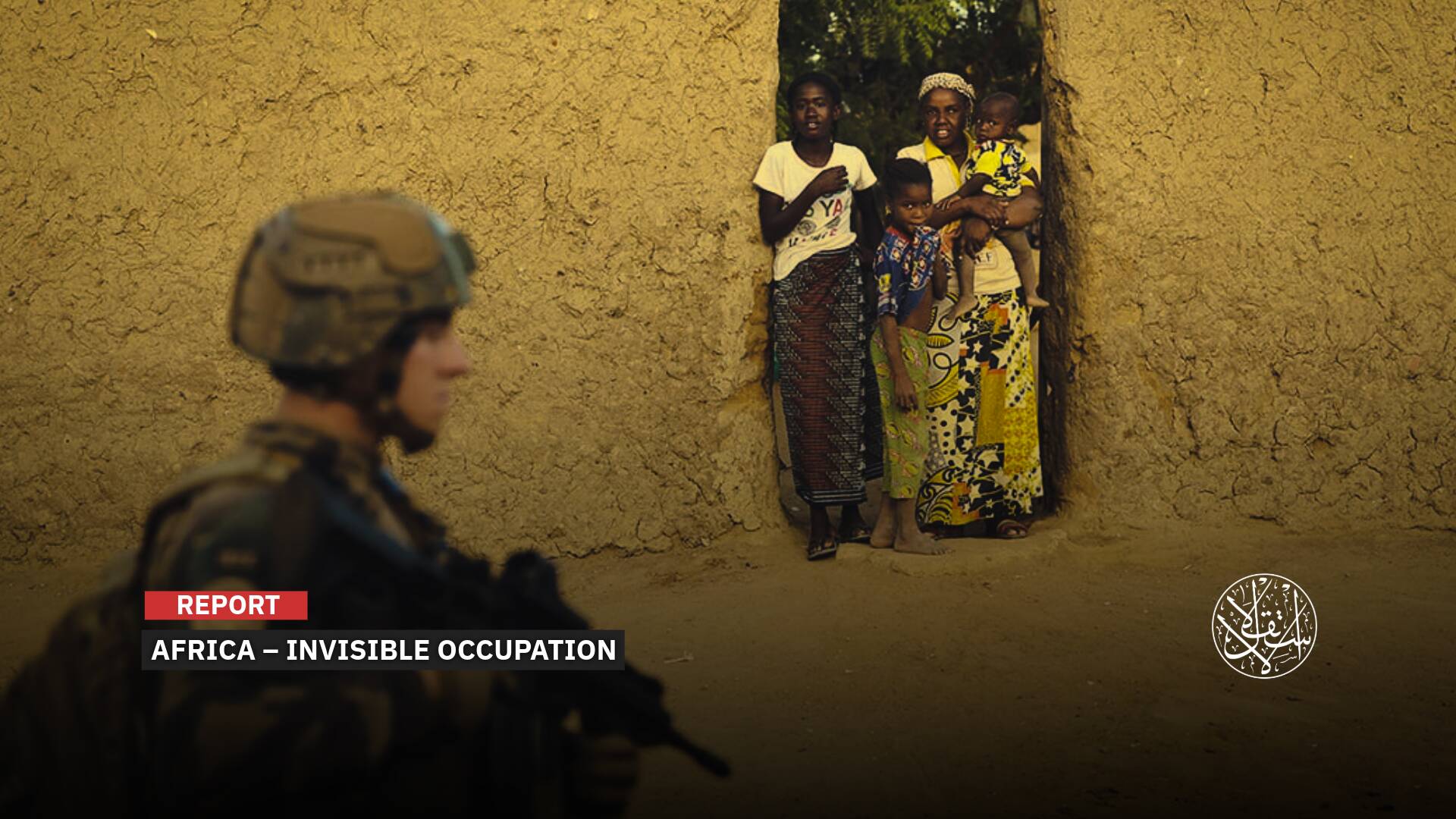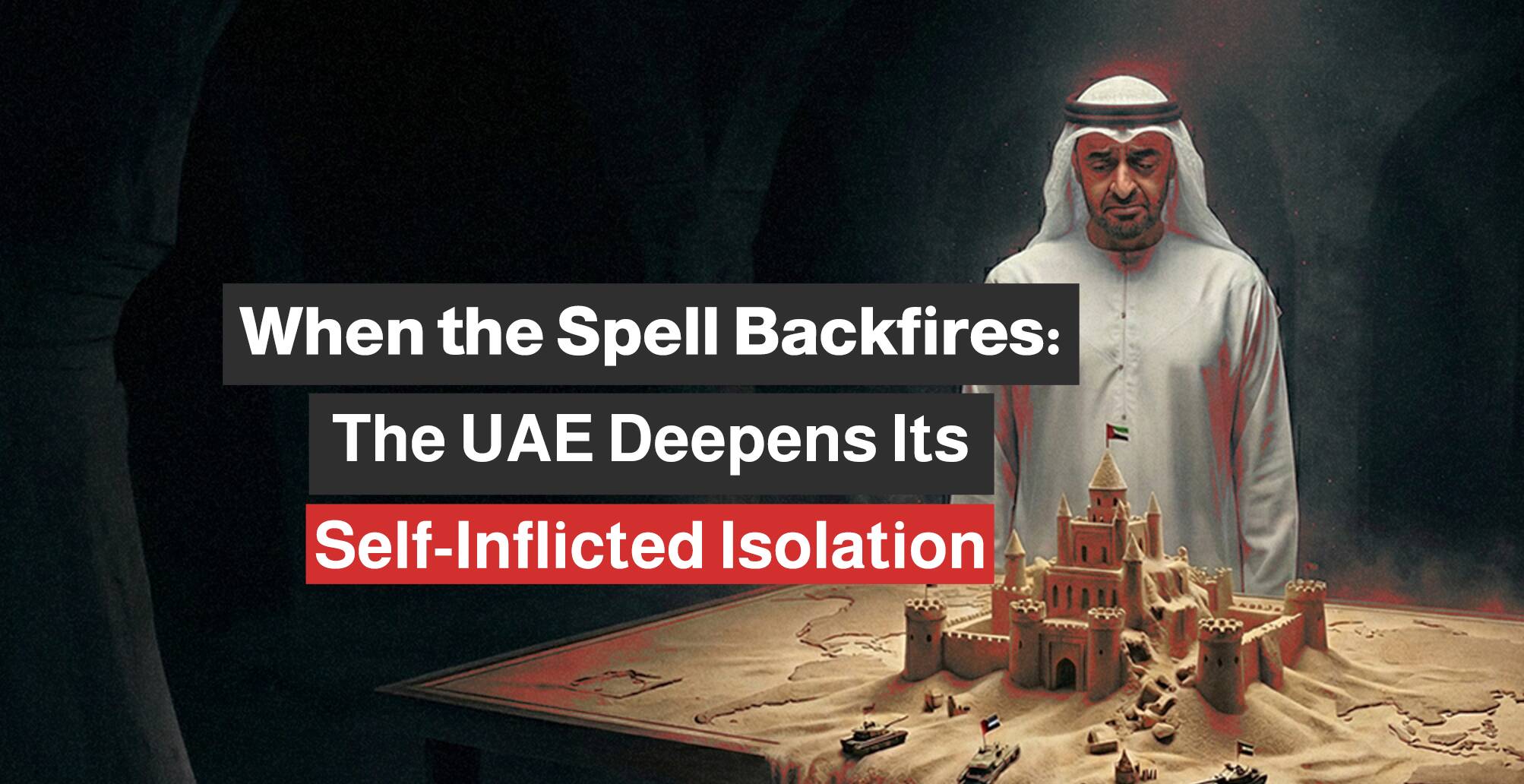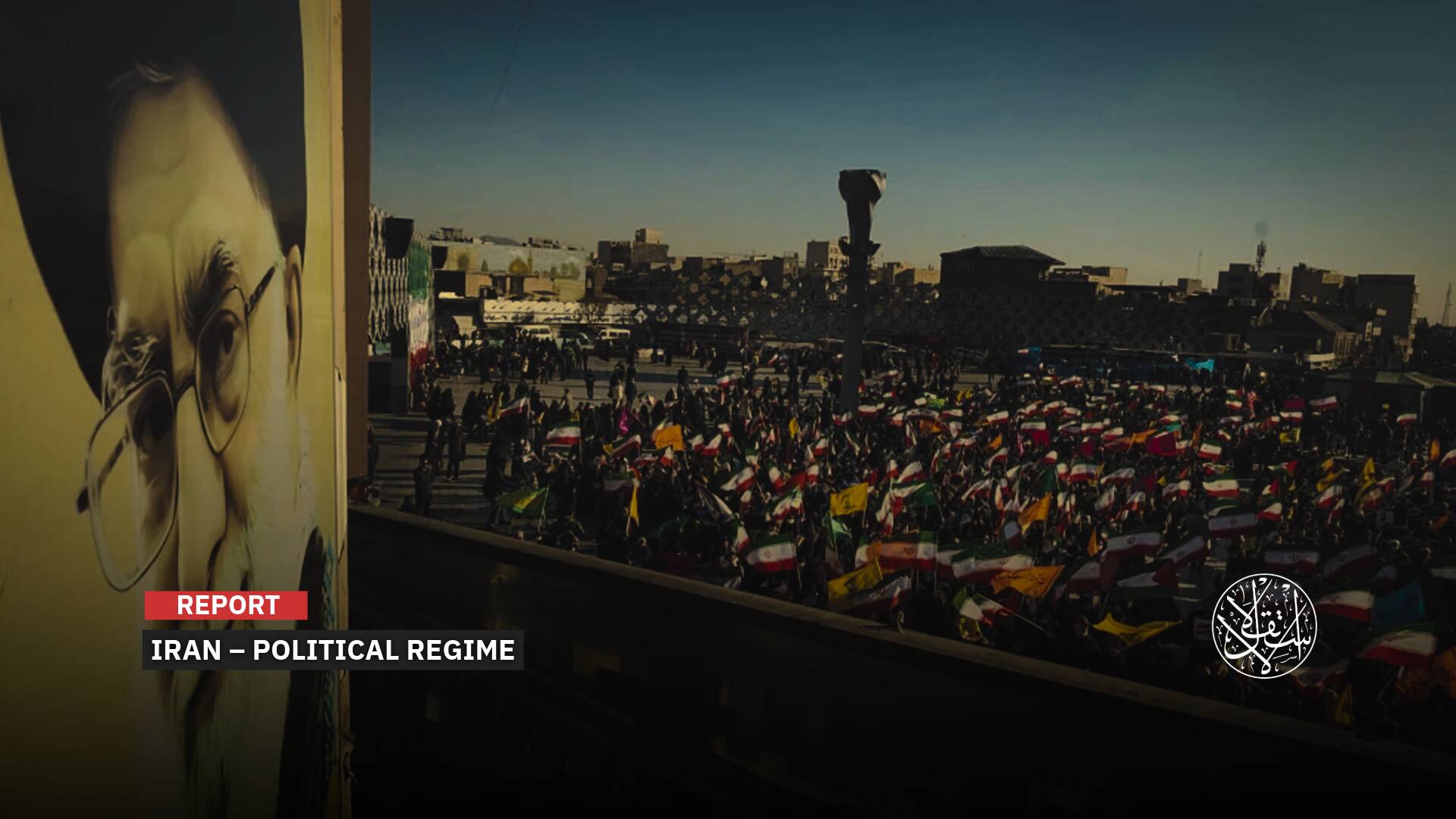How the Tactical Truce Sparked Disputes between Political and Military Officials in 'Israel'

“Israel’s government has said that the army is committed to the destruction of Hamas.”
An Israeli official said that Prime Minister Benjamin Netanyahu dissolved the war cabinet, a move that was widely expected, and came after the resignation of former general Benny Gantz and former chief of staff Gadi Eisenkot from the government.
Hebrew media said that Netanyahu informed government ministers of the dissolution of the war government after National Security Minister Itamar Ben Gvir and Finance Minister Bezalel Smotrich requested to join it.
Channel 12 reported that Netanyahu agreed to form a mini-security body, a move seen by many as a reward to the far-right, to be an alternative to the canceled war cabinet, whose members included Netanyahu, Gantz, and Army Minister Yoav Gallant, in addition to observers: Gadi Eisenkot, Minister of Strategic Affairs Ron Dermer, and Shas Party leader Aryeh Deri.
Internal disputes are not limited to the political aspect, as the conflict of views between Netanyahu and the army has worsened in recent periods, and its new focus is on destroying Hamas' military capabilities, either before or after finding an alternative to the group; this comes after the army unilaterally announced the tactical truce, sparking controversy between the two parties.
It is noteworthy that the positions of both the political and military levels in the Israeli Occupation recently indicate deep divisions, and this division was deepened even more with the Knesset’s approval of a new law prohibiting the recruitment of Haredim into the army.
Aside from the escalating official disputes, the results of a poll conducted by the Institute for National Security Studies showed that the majority of Israeli public opinion does not believe that the goals of the war in Gaza will be fully or even largely achieved.
Alternative Leadership
The Israeli Broadcasting Corporation recently announced that Prime Minister Benjamin Netanyahu dissolved the war cabinet that was established after Operation Al-Aqsa Storm, in a move that seemed expected after the resignation of Benny Gantz and Gadi Eisenkot on June 9.
Gantz and Eisenkot had accused Netanyahu of following policies that served his political interests. They also accused him of failing to achieve the goals of the ongoing war on the Gaza Strip, demanding snap elections.
The recent resignations come as part of the repercussions of the barbaric war waged by the Israeli Occupation on Gaza since last October 7, which left more than 121,000 Palestinians dead and wounded, and about 10,000 missing amid massive destruction and deadly famine.
Last May 19, Gantz, the most prominent candidate to form the next government, gave Netanyahu a deadline until June 8 to develop a clear strategy for the war on Gaza and beyond; otherwise, he would resign from the government.
Gantz had called on Netanyahu, during his ultimatum several weeks ago, to develop a strategy with six goals that include: returning Israeli hostages from Gaza, destroying Hamas, and identifying an alternative to Hamas in Gaza.

Although the withdrawal of Gantz, who heads the National Unity Party (which has 21 representatives in the Knesset), from the war cabinet represents a major morale blow to Netanyahu, it does not mean the immediate fall of the Israeli government.
When Gantz's party joined the government, Netanyahu was already supported by 64 deputies out of 120 in the Knesset.
In order to form or continue a government in “Israel,” it is necessary to obtain the confidence of at least 61 representatives.
Netanyahu's ruling coalition, which was formed before the war, includes the right-wing Likud Party and the far-right Religious Zionism List (which consists of two parties: the Religious Zionism Party led by Smotrich, and the Jewish Power Party led by Ben Gvir), in addition to two extremist religious parties, Shas and United Torah Judaism, which still support his government.
In order for Netanyahu's government to fall, four representatives must abandon their support, as it is difficult for them to come from Ben Gvir's party and Smotrich's party, which are considered the biggest beneficiaries of this government.
Although Likud member Yoav Gallant has repeatedly criticized Netanyahu, it is still difficult to know his ability to lead a split within the party that Netanyahu strongly controls.
For years, Netanyahu has deliberately weakened the chances of creating an alternative leadership for him in the Likud Party. Since becoming prime minister for the second time in 2009, he has never appointed a permanent deputy who would automatically assume leadership of the country if he were unexpectedly removed from office.
Instead, every time he travels abroad or undergoes a medical procedure under anesthesia, Netanyahu appoints a different senior minister from his Likud party as his temporary replacement, The Times of Israel reported.
The opposition accuses Netanyahu of submitting to Ben Gvir and Smotrich, who have repeatedly threatened to topple the government if it decides to end the war on Gaza by concluding a hostage exchange deal with Hamas.
According to the Israeli Broadcasting Corporation, Netanyahu informed his government ministers that he will continue to consult with Army Minister Yoav Gallant, Strategic Affairs Minister Ron Dermer, and Interior Minister Aryeh Deri.

Tactical Truce
After announcing a tactical truce in the southern Gaza Strip with the aim of allowing humanitarian aid to enter the affected population, the Israeli Occupation army returned and confirmed that the fighting was continuing, which raised a state of confusion and questions about the seriousness of this announcement and its true goals.
Yedioth Ahronoth newspaper reported that Yoav Gallant was not informed in advance of the army’s decision to establish a tactical truce that was announced.
Netanyahu and his right-wing partners criticized the truce, with the government’s military secretary describing the decisions made at the military level as unacceptable.
In another context, a Haaretz editorial accused Netanyahu of insulting the military establishment and said that if he wanted to accuse the army of treason, he should not hide behind his son Yair, who has been publishing disgusting opinions.
The far-right Minister of National Security Itamar Ben Gvir also denounced the idea of a tactical truce, describing whoever made this decision as foolish and should be fired from his job.
The Israeli Occupation Army spokesman Daniel Hagari announced on June 15 that the army would not be able to recover all the hostages in the Gaza Strip through military operations.
The lack of consensus between the political and military leadership has become evident after announcing a tactical truce and then withdrawing from it, in addition to Gallant’s lack of knowledge about this truce.
Another debate raised a power gap between the army and the government, especially between Netanyahu and Hagari, about the possibility of destroying Hamas’ military and governmental capabilities in Gaza, which Netanyahu considers one of his government’s most prominent goals since the outbreak of war.
In a noticeable change in his tone, Hagari said to Israeli Channel 13 on June 19 that “eliminating Hamas is an illusion... If we do not find an alternative, Hamas will remain.”
Hagari's statement became major news in “Israel,” prompting Netanyahu's office to immediately respond by clarifying that the attack on the Gaza Strip would not stop unless Hamas was eliminated, and that the Israeli army was committed to doing so.
The army is pressuring the government to end the war in Gaza, and to develop a plan for the next day, for fear of eroding the army’s achievements.
Israeli media considered that Hagari's statements reinforce accusations by the generals against Netanyahu that he is continuing the war in Gaza for personal and political purposes.
These events reflect the deepening of Israeli differences and their shift from the political scene to within the military establishment, which makes it difficult to find a way out of the predicament of war in light of the insistence of Netanyahu and his extremist allies on continuing the fighting.
These divisions became more evident last week, during a vote in the Israeli Knesset on the law to recruit Haredim into the army, as Army Minister Yoav Gallant voted against it, in defiance of the party’s orders, saying that it was insufficient for the army’s needs.

In turn, Palestinian analyst Ismail Maslamani explained in a statement to Al-Estiklal that “dissolving the war cabinet in Israel will allow Netanyahu to manipulate his partners in the coalition and will give him more time to maneuver, but that will not benefit him on the internal political arena.”
He pointed out that “the dissolution of the cabinet reflects the fact that Netanyahu is trying to calm things down with the US administration, sending a message to Washington that regardless of what his partners in the government coalition say or ask for, he alone is the one who decides in the end.”
Regarding the repercussions of dissolving the cabinet, Mr. Maslamani said that “Gantz’s departure without any alternative to expanding the government will not directly cause the dissolution of the coalition, but it will intensify internal tensions and deepen the divisions further.”
In conclusion, he expected that “the causes of tension and disputes between the political and military leadership in Israel will accumulate over time in a way that will also contribute to shortening the time remaining for the Netanyahu's government.”









